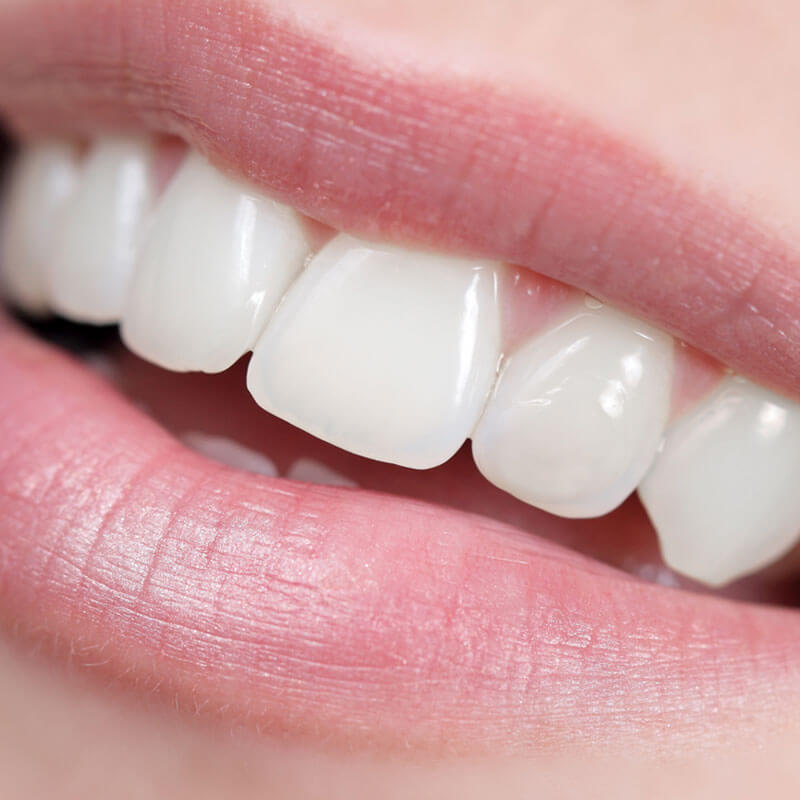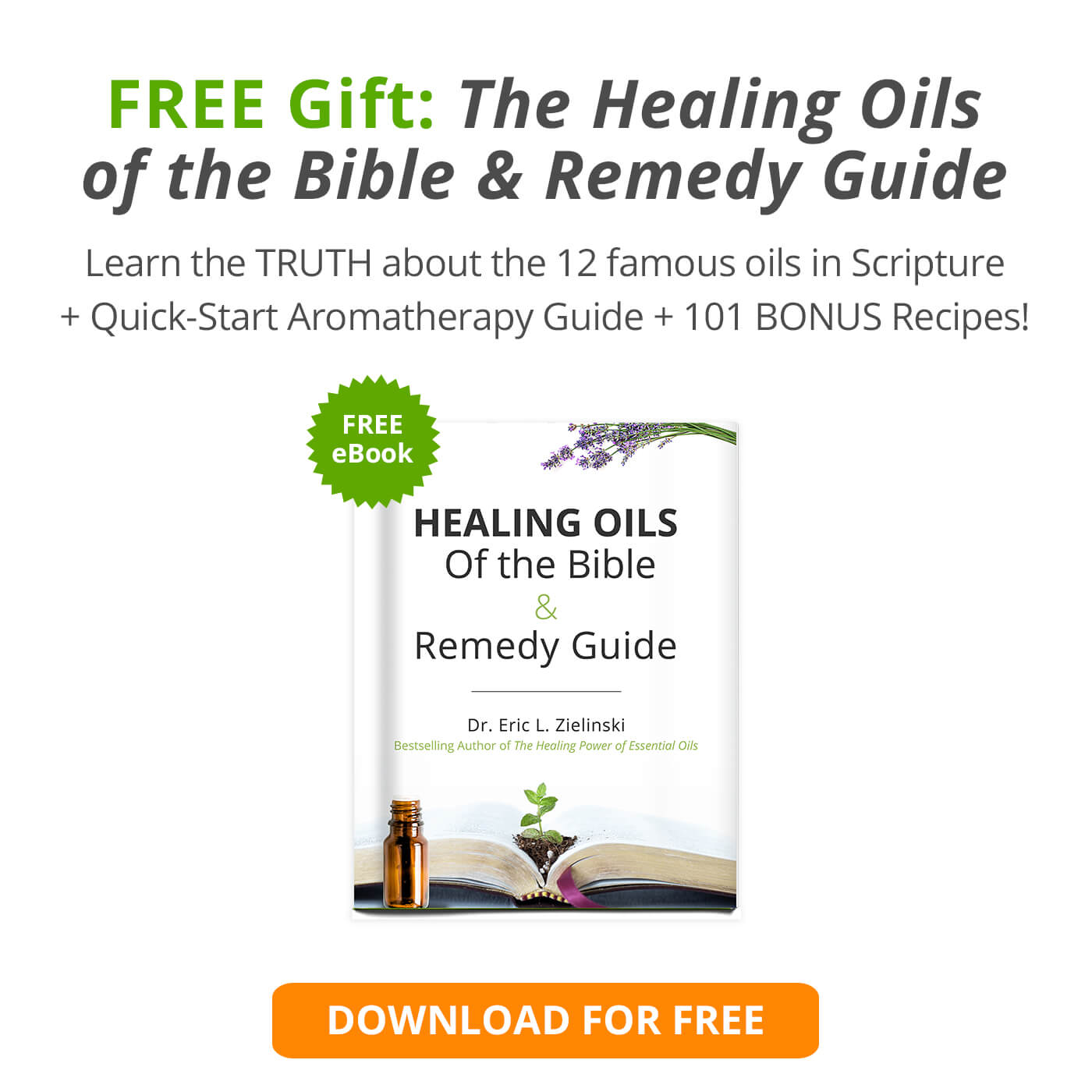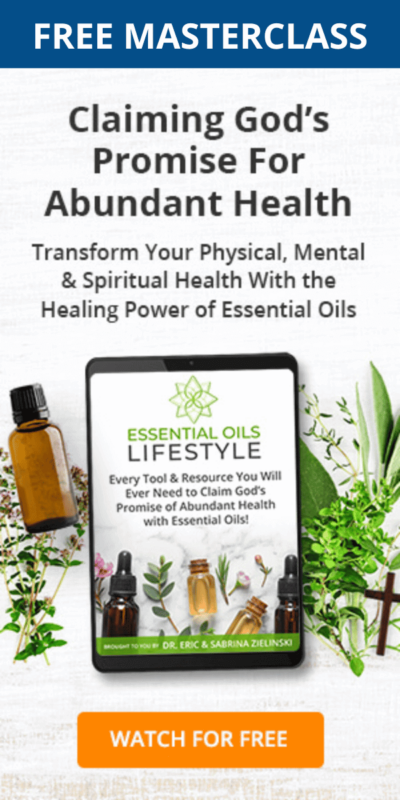Learning how to heal cavities naturally can make the difference between saving thousands of dollars in dentist bills and saving you pain and suffering. These five strategies can help!
Table of Contents
Oral Disease in the U.S.
General Dentistry recently published an article that shows the connection between periodontal disease and chronic illness. There is a correlation between cavities and other diseases such as diabetes and heart health. It is important to practice good oral health, because you will reap the benefits of better overall health. And if you have cavities already, it’s important to know how to heal cavities naturally to avoid invasive procedures in the future.
The National Institute of Dental and Craniofascial Research (1) shows that American adults do not have as many cavities as they did in the 1970s. However, American adults do have many unhealthy dental problems. Recent studies from the National Health and Nutrition Examination Survey shows that adults age 20-64 include:
- Blacks, Hispanics, young adults, and people from lower socio-economic situations and educational backgrounds who are not as likely to care for decaying teeth.
- On average, 3.28 decayed or missing permanent teeth and 13.65 decayed and missing permanent surfaces that are identified in all ethnic and class groups.
- Hispanic subgroups, and people who are economically depressed, who experience higher levels of tooth decay in permanent adult teeth than other demographics.
- Whites and people of better economic means and educational status who suffer from tooth decay more often than other demographics.
- 23 percent currently have decaying teeth that require treatment.
- 92 percent who have had at least one cavity in their permanent teeth.
Although there have been many solutions to help prevent tooth decay since the 70s, the data above shows that everyone is at risk for cavities, no matter what their socioeconomic and educational status may be.
Additionally, there has been a rise in systemic illnesses such as heart disease and diabetes in America. It is no coincidence that these diseases are connected to oral health.
Understanding & Preventing Cavities
Healthy teeth are sustained by a flow of beneficial dental fluids. When you get a cavity, there is a reversal in this proper flow. When one has bad oral hygiene, bacteria and acids can feed on sugar. This erodes the enamel that protects teeth and creates an inflammatory response in the dentin.
Ultimately, your body’s metalloproteinases becomes activated and starts the cavity process. It is important to maintain good dental fluids to minimize the harmful bacteria in your mouth. It is important to learn how to heal a cavity naturally by using natural remedies, because chemicals can create greater problems.
Truth Behind Fluoride
We’re told that fluoridated water is “natural” and known to prevent cavities and tooth decay. Dentists and public health officials have pushed this information on us for decades.
However, scientific data suggests this is completely false. Chemicals found in American water are safe to drink, except for fluoride. Fluoridating water is not encouraged in most developed countries.
The Fluoride Action Networks says,
“The main chemicals used to fluoridate drinking water are known as ‘silicofluorides’ (i.e., hydrofluorosilicic acid and sodium fluorosilicate). Silicofluorides are not pharmaceutical-grade fluoride products; they are unprocessed industrial by-products of the phosphate fertilizer industry. Since these silicofluorides undergo no purification procedures, they can contain elevated levels of arsenic — more so than any other water treatment chemical. In addition, recent research suggests that the addition of silicofluorides to water is a risk factor for elevated lead exposure, particularly among residents who live in homes with old pipes.”
It is inconclusive whether or not the risks outweigh the benefits of drinking fluoride water on tap.
An epidemiological study done in Vojvodina Serbia, which included 145 children under the age of 6, determined that fluoride prevents cavities and tooth decay in deciduous (baby) teeth, but the “presence of fluoride in the drinking water doesn’t affect the health of deciduous teeth.”
Whether we give our children unpurified tap water to drink, or pay the dentist to give fluoride treatments during check-ups, it makes me wonder if we are poisoning our children.
5 Ways to Heal Cavities Naturally
Brushing and flossing daily is important, and there are many ways you can reverse cavities without taking fluoride. Here are some tips to heal cavities naturally at home.
1. Oil Pulling
Oil pulling has been used for centuries by Ayurvedic medicine. It is a great way to detoxify your mouth. You can swish a tablespoon of oil in your mouth for 20 minutes to cure gingivitis, headaches and systemic diseases like diabetes. We recommend using coconut oil and clove or tea tree essential oils for antiseptic and antifungal treatments:
- It is best to oil pull first thing in the morning
- Don’t let 20 minutes scare you. You can oil pull while you get ready for the day.
- After pulling, rinse your mouth with warm water. Use salt water for antimicrobial properties.
- Do not be shocked if the oil mixture is white or yellow.
- Brush your teeth like normal
- This should be a relaxing process, so you do not need to vigorously swish your mouth the entire time.
2. Use Mineralizing Tooth Paste
There are many brands of fluoride free toothpaste. Or, you can make your own easy/cost effective toothpaste with bentonite clay and essential oil toothpaste.
Try this recipe:
This recipe is for tooth powder, but it makes a great toothpaste too! The color of your finished product may vary depending on the color of your clay and the essential oils used.
- ⅓ cup of Bentonite Clay
- 1½ teaspoons of Stevia powder
- ¼ teaspoon of pink Himalayan salt
- 3 tablespoons Mama Z’s Oil Base or favorite carrier oil*
- 10 drops of essential oils**
- Mix the dry ingredients in a food processor.
- In a separate container, add your chosen essential oils to the carrier oil and mix well.
- Add this mixture to the dry ingredients in the food processor gradually until well blended. Mixture should be granular and slightly damp.
- Store in a glass jar with a lid.
* No matter what allergies you may have, there’s a carrier oil that’s right for you. You can use any, or a combination of these: Avocado, Fractionated Coconut, Grapeseed, Jojoba, Sweet Almond.
** Essential oils are great for oral health and these are some of our favorite blends for your homemade toothpaste recipe:
Lime (3 drops), lemon (4 drops), grapefruit (3 drops)
Orange (4 drops), clove (3 drops), peppermint (3 drops)
Cinnamon leaf (3 drops), clove (2 drops), orange (5 drops)
Chamomile (5 drops) and wintergreen (5 drops)
Frankincense (5 drops) & myrrh (5 drops)
3. Consume Raw Dairy
Of course, if you’re sensitive to dairy, avoid it at all costs, but it’s important to recognize that pasteurized dairy is void of vital nutrients and will not “do your body good” like the slogan says.
Raw dairy, on the other hand, is full of vitamins and minerals that help healthy dental fluid flow and maintain strong teeth. Consuming raw dairy can help boost your calcium, vitamin K2, magnesium, phosphorus, and fat soluble vitamins levels.
4. Remove Phytic Acid
Phytic Acid is in the bran portion of grains and legumes. It blocks the phosphorus availability in humans, and binds minerals for oral health such as calcium, magnesium, iron and zinc. These minerals become unavailable for proper utilization.
Phytic acid has anti-nutritional effects such as digestive disorders, lack of appetite, and nutrient deficiency. It is important to limit your grain consumption and stay away from soy products. It is also best to eat foods that are organic and GMO free.
5. Remove Sugar
Sugar is the worst thing you can consume for cavities. It feeds oral bacteria and prevents a healthy flow of dental fluids. It is very acidic and can demineralize teeth which makes them decay. This means no candy, soda, or baked goods, and it also means to limit honey, maple syrup, and juices.
These natural approaches can reverse cavities in a cost effective and efficient way. Take good care or your oral health and show off your new smile with pride.
- Blagojević D, et al. Effects of fluoride in drinking water on health of deciduous teeth. Med Pregl 2004; 57(7-8): 323-6.
- http://fluoridealert.org/faq/
- http://www.westonaprice.org/food-features/living-with-phytic-acid.
- http://www.nidcr.nih.gov/DataStatistics/FindDataByTopic/DentalCaries/DentalCariesAdults20to64.htm
- Southward K. The systemic theory of dental caries. Gen Dent 2011; 59(5): 367-73.
- http://wellnessmama.com/2500/homemade-remineralizing-toothpaste-recipe/.








